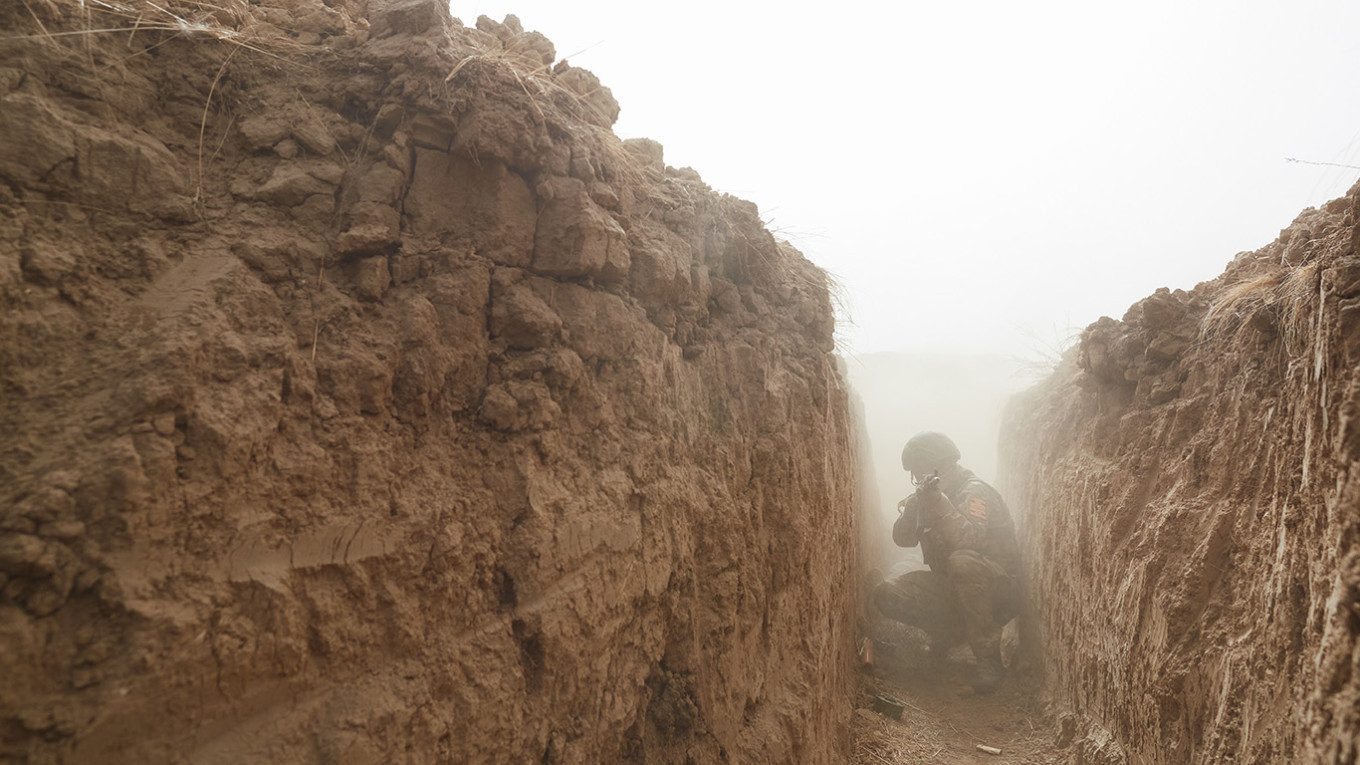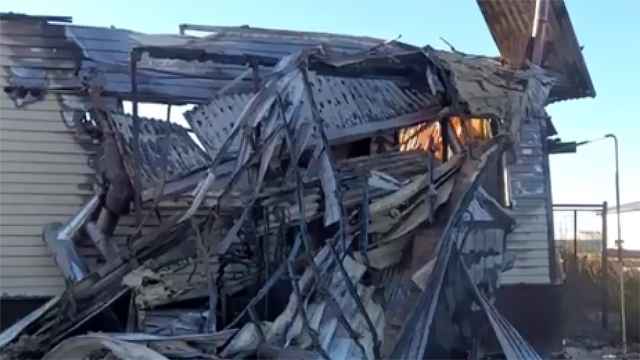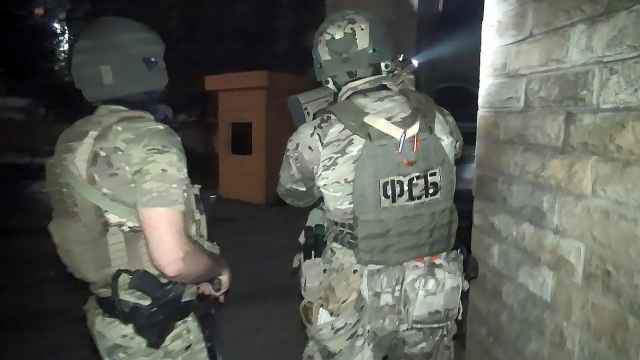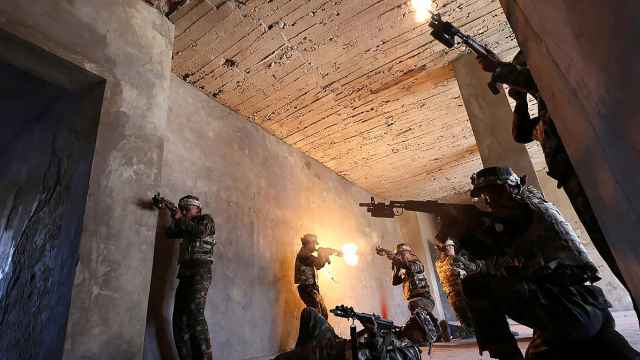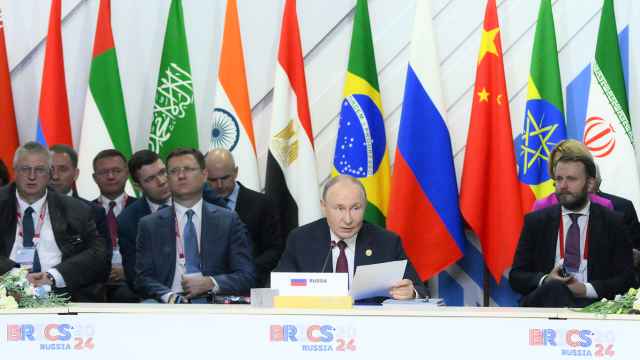Russian commanders have been torturing and executing their own soldiers in Ukraine since the first year of the full-scale invasion, according to an investigation by the exiled news outlet Vyorstka.
What began as punishment for disobedience or drunkenness in the trenches has evolved by late 2025 into killings over extortion disputes or personal conflicts, the report said.
Vyorstka said it collected hundreds of accounts of such executions and identified 101 Russian servicemen accused of carrying them out.
Most of the alleged perpetrators are platoon or battalion commanders and in some cases divisional officers, with an average age just over 40.
Many hold state awards, including five who have received the title Hero of Russia.
The total number of victims is unclear. In some cases, soldiers were sent on “meat assaults” — mass attacks in which waves of troops are sent forward until survivors manage to seize a position — as a form of punishment.
Before these assaults, some officers allegedly confiscated soldiers’ bank cards and demanded their PIN codes “for relatives.”
Executed soldiers were often listed as missing in action or deserters, while their bodies were buried in forests or left on the battlefield and shot at to simulate combat deaths, according to soldiers who spoke to Vyorstka.
Russia’s Chief Military Prosecutor’s Office has received more than 12,000 complaints related to such abuses since the start of the full-scale war, with the number of reports growing since the second half of 2023.
However, most have gone unanswered due to what Vyorstka’s sources described as an unofficial ban on investigating field commanders. Only 10 criminal cases have been opened, and five officers have been convicted of killing subordinates.
Survivors and witnesses told Vyorstka they have little faith in Russia’s justice system but were thinking about personal revenge.
“When the guys come back and realize they won’t be sent to storm positions again, prison won’t scare them anymore. Many officers will have to hide — and those who return will be drinking,” one mobilized soldier said.
Another warned that the violence could spill over into Russia itself, but that officials did not understand that yet.
A Message from The Moscow Times:
Dear readers,
We are facing unprecedented challenges. Russia's Prosecutor General's Office has designated The Moscow Times as an "undesirable" organization, criminalizing our work and putting our staff at risk of prosecution. This follows our earlier unjust labeling as a "foreign agent."
These actions are direct attempts to silence independent journalism in Russia. The authorities claim our work "discredits the decisions of the Russian leadership." We see things differently: we strive to provide accurate, unbiased reporting on Russia.
We, the journalists of The Moscow Times, refuse to be silenced. But to continue our work, we need your help.
Your support, no matter how small, makes a world of difference. If you can, please support us monthly starting from just $2. It's quick to set up, and every contribution makes a significant impact.
By supporting The Moscow Times, you're defending open, independent journalism in the face of repression. Thank you for standing with us.
Remind me later.


